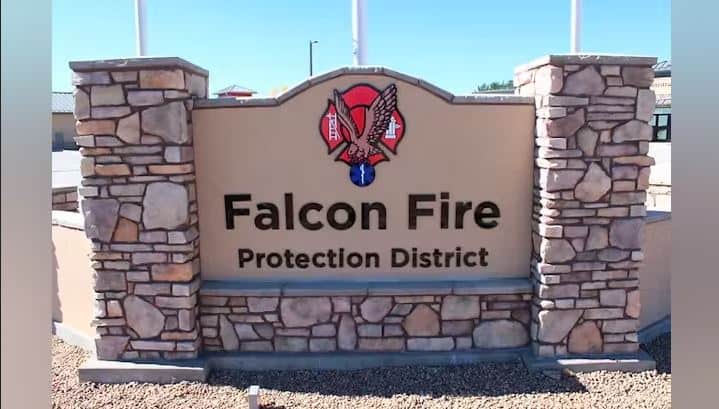As the weather warms and the days lengthen, people will spend more time outdoors enjoying a variety of activities. The Falcon Fire Protection District offers these tips to help residents enjoy a safe summer.Helmets for bicyclists and skateboardersIn May, the Falcon Fire Protection District hosted bicycle rodeos at Meridian Ranch, Woodmen Hills and Falcon elementary schools. Bicycle rodeos are designed to teach children safe bicycling skills and habits, including the importance of wearing helmets.According to the Centers for Disease Control and Prevention, 26,000 children and adolescents annually suffer traumatic brain injuries that require emergency room treatment. The state of Colorado does not mandate helmet use for bicycle riders, so it is up to parents to ensure children ride safely. The National Highway Traffic Safety Administration (http://nhtsa.gov/Bicycles) offers an online video that shows how to properly fit a bicycle helmet.Bike riders arenít the only ones who should wear helmets. FFPD Division Chief Glenn Levy said that helmets should also be worn while skateboarding and riding scooters. By minimizing injuries, he said helmets ìare the best chance for us to help folks when they fall.îItís also important for drivers to be aware of cyclists on the streets and children playing near roadways. ìWe encourage motorists to be on the lookout for increased pedestrian traffic,î said Vernon Champlin, FFPD division chief.Levy stressed that residents should not hesitate to call 911 when someone falls from a bike or skateboard. Even seemingly minor injuries can turn out to be more serious than they appear.Additional bicycle safety tips:
- Ride on the right side of the road with the flow of traffic – not against it.
- Obey all traffic laws, signs and signals.
- Stop and look both ways before entering a street.
- Wear reflective clothing when riding at dawn, dusk or night. Also, equip the bike with a front headlight and rear red reflector or flashing red light.
- Be aware of loose gravel on street surfaces and trails.
- Always watch out for motorists and pedestrians.
- 53 percent of drivers and passengers killed in car crashes in 2009 were not wearing restraints.
- Among drivers and front-seat passengers, seat belts reduce the risk of death by 45 percent and cut the risk of serious injury by 50 percent.
- People not wearing a seat belt are 30 times more likely to be ejected from a vehicle during a crash. More than three out of four people ejected during a crash die from their injuries.
- In 2005-2009, U.S. fire departments responded to an average 8,200 home fires involving grills, hibachis or barbecues per year.
- 29 percent of home fires involving grills started on a courtyard, terrace or patio.
- July is the peak month for grill fires, accounting for 18 percent of all home fires involving grills. June and May follow closely with 14 percent and 13 percent respectively.
- Propane and charcoal grills should only be used outdoors.
- The grill should be placed well away from the home, deck railings and out from under eaves and overhanging branches.
- Keep children and pets away from the grilling area.
- Keep the grill clean by removing grease or fat buildup from the grills and in trays below the grill.
- Never leave a grill unattended.
- Always turn off grills after use.





